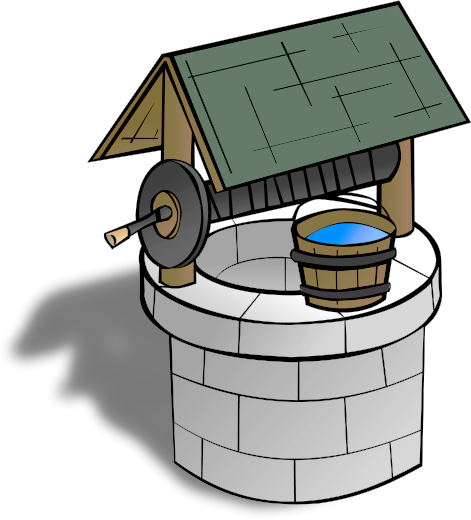When it comes to programming – regardless of the platform, language, or system that you’re using – there’s a concept of abstraction that most programmers understand even if they don’t know that that’s what the concept is called.
Perhaps the clearest definition on abstraction in programming (straight from Wikipedia) explains:
Abstraction is the process by which data and programs are defined with a representation similar in form to its meaning (semantics), while hiding away the implementation details.
A simple, practical example of an abstraction would be the concept of functions: It completes a unit of work and optionally accepts parameters and returns data to the caller
The details are implemented – are abstracted – into the function so that other programmers (or even the original developer himself or herself) can simply make a single call to the function.
Easy enough, right? Especially since we’ve all written functions.
Of course, abstractions can be more complex. Starting from functions, moving up to classes, moving up to full API’s and so on. Everything in programming lives at some level of abstraction.
I bring all of this up because I’ve seen – and continue to see – huge opportunities for refactoring WordPress-based code (specifically in themes and plugins) into more abstract units in other code as well as my own.
Continue reading



